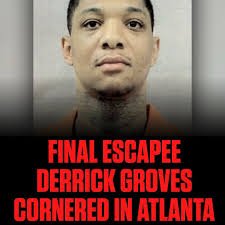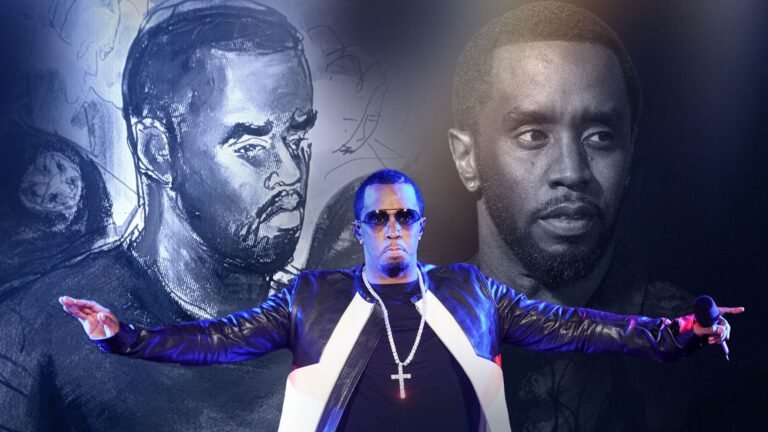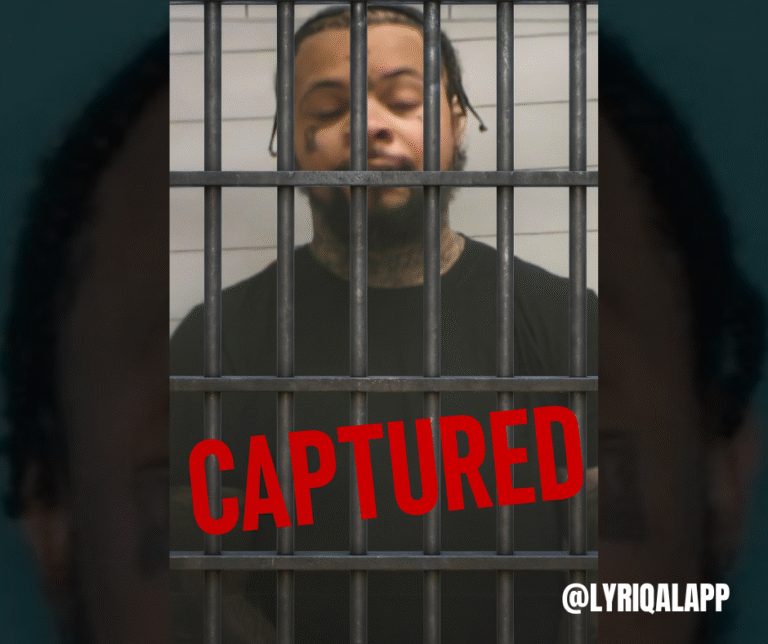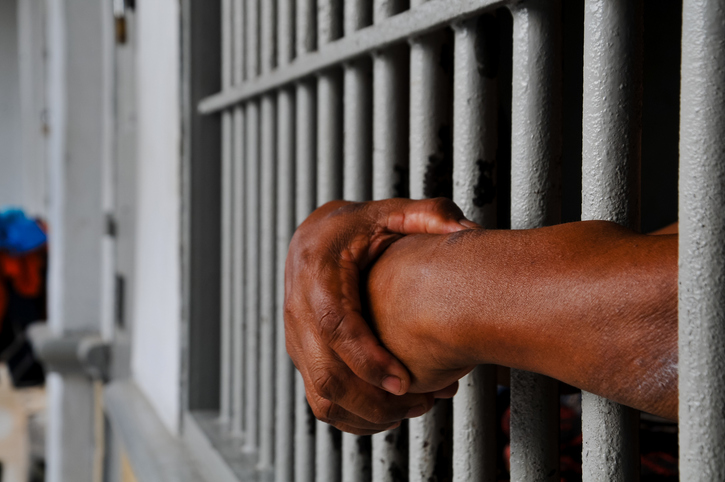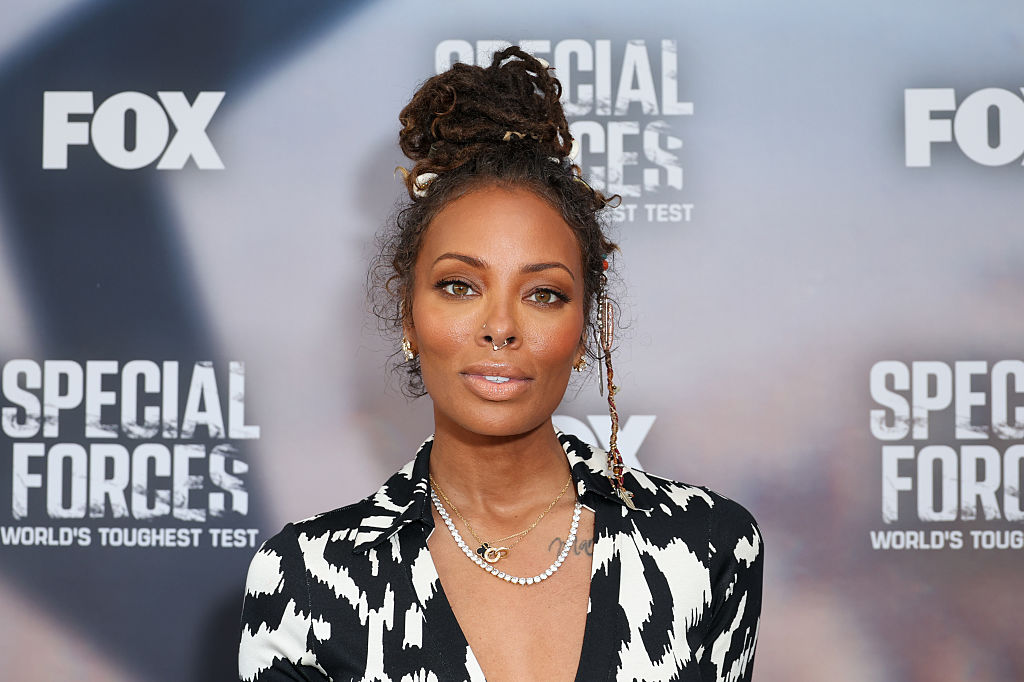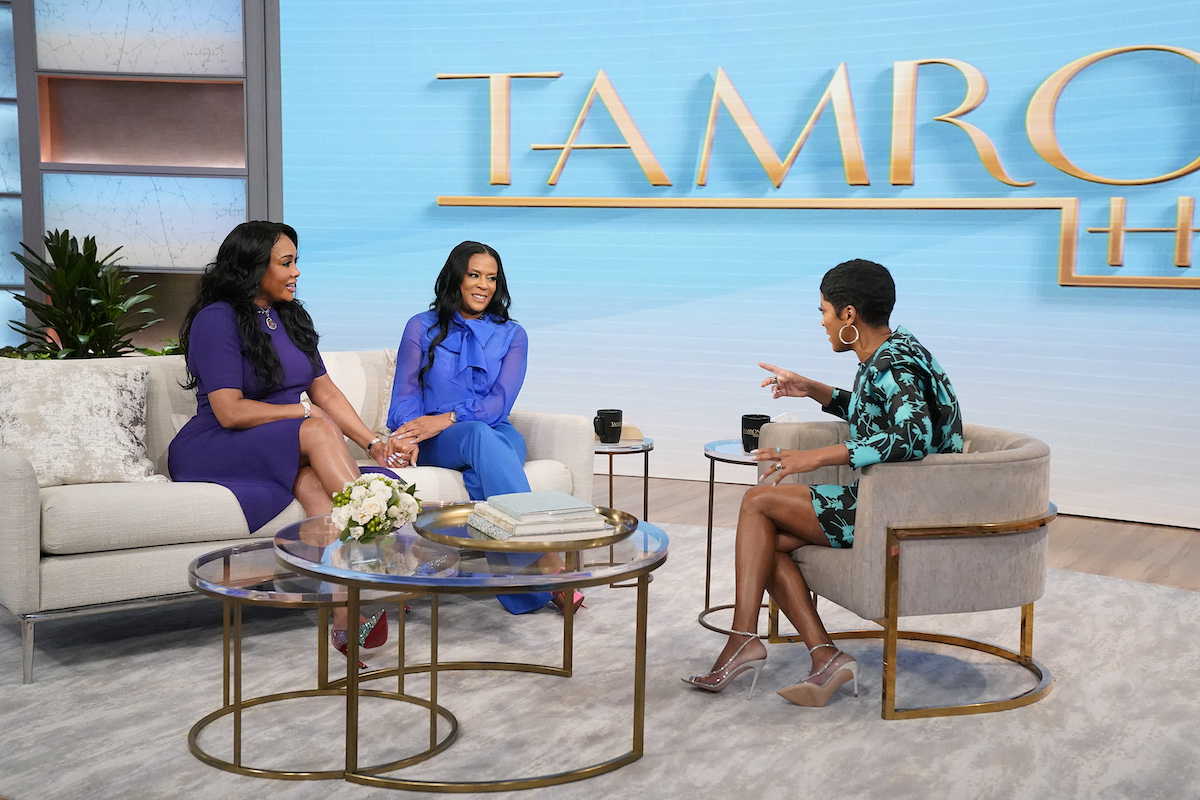

Source: Heidi Gutman / abc
Renowned actress, producer and director Vivica A. Fox joined “Tamron Hall” to discuss her journey from actin, producing and her newest venture — directing. Fox was joined by the real-life Tonesa Welch, who shared the story that inspired the Fox-directed biopic. Watch their interview and read more details inside.
Today (Oct. 4), host Tamron Hall had Fox join the show to discuss stepping into the director’s chair for her first feature film First Lady of BMF: The Tonesa Welch Story on BET+. Fox was joined by the real-life Tonesa Welch, who shared the story that inspired the film. At the age of 19, Welch found herself drawn to the limelight of the drug industry. Eventually, she became connected to the infamous Black Mafia Family (BMF), a drug trafficking and money laundering empire, and ultimately served time in prison for money laundering.
Fox decided it was fine time to step behind the camera and in the director’s chair, but after years of observing fellow women directors in the industry whom she admires, she never imagined it would happen this soon for her.
“I didn’t think it was going to happen for me this soon, let me put it that way, because I’ve been surrounded by amazing directors,” Fox admitted. “Tasha Smith, watching Shonda Rhimes get her own studio, Kerry Washington – and I produced a lot of films, I’ve produced over 50 films for Lifetime.”
She continued, “It’s all about girl power and it’s about damn time. I will say that! How about that? Also, my girlfriend Regina King, just watching so many women go behind and truthfully tell our stories and not to be apologetic at all about our power, the way we dress, how we look, how we walk, how we talk, how we do the thang!”
Fox was inspired to tell Welch’s story in particular, because she believes all decisions are redeemable.
“I believe that women are capable of everything,” Fox shared. “Anything you want to do. Don’t let one bad choice define your future.”
Welch commented on how she was able to take accountability for her actions and move forward from her past.
“I didn’t find it at first,” Welch confesses. “Once I was there, you know, getting past the blaming, you know, all of that being angry, I started realizing, you put yourself here. You did this to you. You did this to your family. So then it was a time for me to reflect on my life. I remember my mother saying one day to me, ‘Who are you?’ She knew I changed and so when I got to prison, and I’m there – I’m stripped of everything that I know, from my family, from everything I had, the homes, the kids, everything – I had to really reflect on who I was now. I had to find out who are you? And it went back to that conversation – so I said, ‘You know what, God? I’m [going] to really work on me. I’m going to really reflect on who am I? How did I get here?’”
They go on to talk about more issues that appear throughout the film like the importance of sharing the truth behind domestic violence and how Welch’s life changed after one night at a Detroit nightclub.
Be sure to hear more in the interview below:
